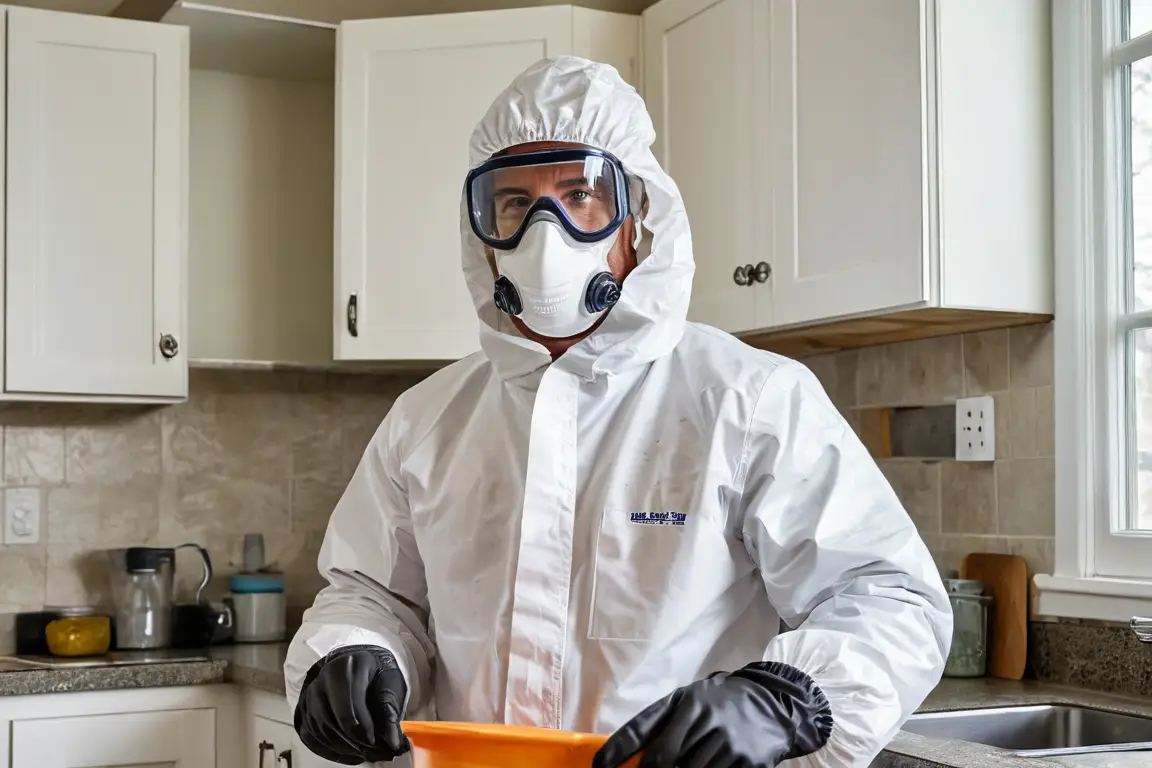STATE-SPECIFIC LICENSING REQUIREMENTS
States that require licensure typically have specific criteria that must be met, including passing state-approved training programs, examinations, and sometimes background checks. These requirements are designed to ensure that professionals have a solid understanding of mold assessment, remediation techniques, and relevant health and safety regulations.
State-approved training programs for licensure often cover topics such as mold biology, moisture control, health effects, assessment techniques, remediation strategies, and legal or ethical considerations. These programs are designed to provide a comprehensive foundation for safely and effectively dealing with mold issues.
Many states require licensed mold assessors and remediators to complete continuing education units (CEUs) to renew their licenses. CEUs ensure that professionals stay current with the latest industry standards, techniques, and regulations.
Some states may have reciprocity agreements with other states, allowing professionals licensed in one state to practice in another without undergoing the entire licensure process again. However, professionals should verify specific requirements with each state.
REGULATED STATES
The states that require specific licensure for mold assessment, remediation, or both include but are not limited to:
- Florida: Requires licensure for mold assessors and mold remediators. The Department of Business and Professional Regulation oversees the licensing, which includes meeting education and experience requirements, passing an examination, and obtaining insurance.
- Texas: The Texas Department of Licensing and Regulation requires licensing for mold assessors and remediators. Applicants must complete approved training, pass an exam, and meet insurance requirements.
- New York: New York State Department of Labor requires licensing for mold assessors, mold remediation contractors, and mold abatement workers. The requirements include completing approved training courses and meeting insurance criteria.
- Louisiana: The State of Louisiana requires licensure for mold remediators through the State Licensing Board for Contractors. The process includes passing a business and law course, as well as a trade exam, and providing proof of general liability insurance.
- Maryland: Maryland requires licensing for companies that perform mold inspections or mold remediation. The Maryland Home Improvement Commission (MHIC) oversees these licenses.
- Tennessee: Offers licensure for mold remediation professionals, overseen by the Tennessee Department of Commerce and Insurance.
It’s important to note that regulations can change, and additional states may implement licensure requirements or adjust existing regulations. For the most current information, individuals should consult the relevant state regulatory agencies or professional licensing boards. These agencies provide detailed information on the licensure process, including education and training requirements, examinations, and insurance requirements.
IMPORTANCE OF COMPLIANCE:
- Legal Compliance: Working with a licensed mold assessor or remediator ensures that the services provided are in compliance with state laws and regulations. This is crucial for protecting both the property owner and the professional from potential legal issues.
- Professional Credibility: State licensure adds an additional layer of credibility to a professional’s qualifications, alongside industry certifications. It demonstrates a commitment to meeting stringent standards and maintaining professional integrity.
- Consumer Protection: State licensure programs often include mechanisms for consumer protection, such as complaint processes and disciplinary actions for unethical or incompetent practice. This provides an additional safeguard for property owners seeking mold assessment or remediation services.
RESEARCHING STATE REQUIREMENTS:
Property owners and those seeking to become mold assessors or remediators should research the specific requirements in their state. This information can typically be found on the website of the state’s health department, environmental protection agency, or professional licensing board. Understanding these requirements is essential for ensuring compliance and for selecting qualified professionals to address mold-related issues.
It’s clear that the combination of industry certifications and adherence to state-specific licensure requirements plays a critical role in establishing the qualifications and credibility of mold remediators and IEPs. This ensures that professionals are equipped with the necessary knowledge, skills, and ethical standards to protect public health and safety in the indoor environment.

